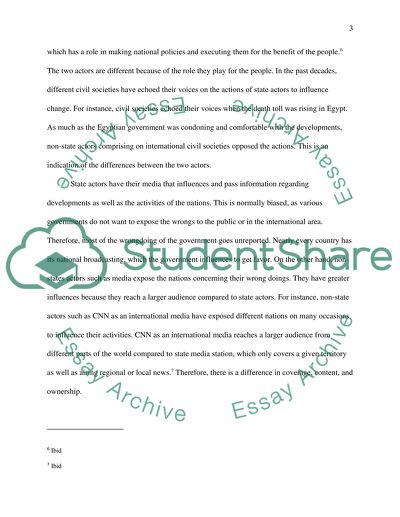Cite this document
(“Intelligence Studies Essay Example | Topics and Well Written Essays - 1500 words”, n.d.)
Intelligence Studies Essay Example | Topics and Well Written Essays - 1500 words. Retrieved from https://studentshare.org/social-science/1684430-intelligence-studies
Intelligence Studies Essay Example | Topics and Well Written Essays - 1500 words. Retrieved from https://studentshare.org/social-science/1684430-intelligence-studies
(Intelligence Studies Essay Example | Topics and Well Written Essays - 1500 Words)
Intelligence Studies Essay Example | Topics and Well Written Essays - 1500 Words. https://studentshare.org/social-science/1684430-intelligence-studies.
Intelligence Studies Essay Example | Topics and Well Written Essays - 1500 Words. https://studentshare.org/social-science/1684430-intelligence-studies.
“Intelligence Studies Essay Example | Topics and Well Written Essays - 1500 Words”, n.d. https://studentshare.org/social-science/1684430-intelligence-studies.


